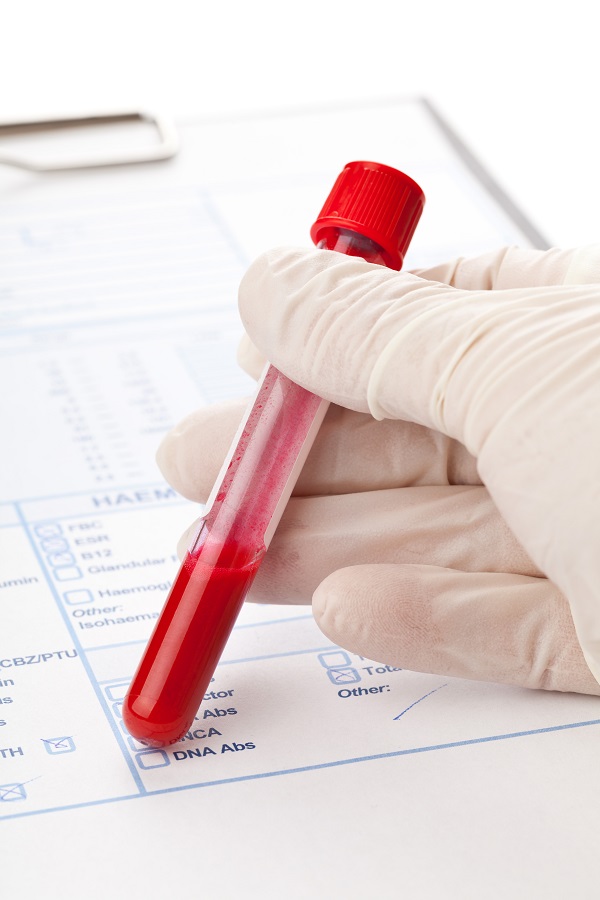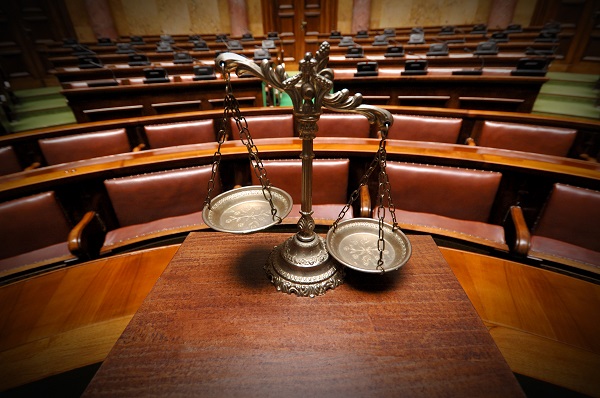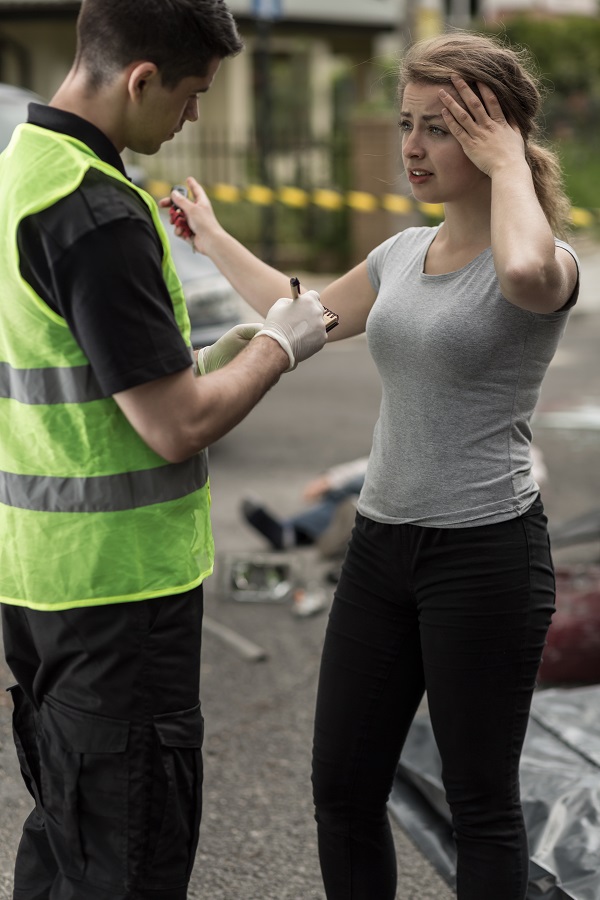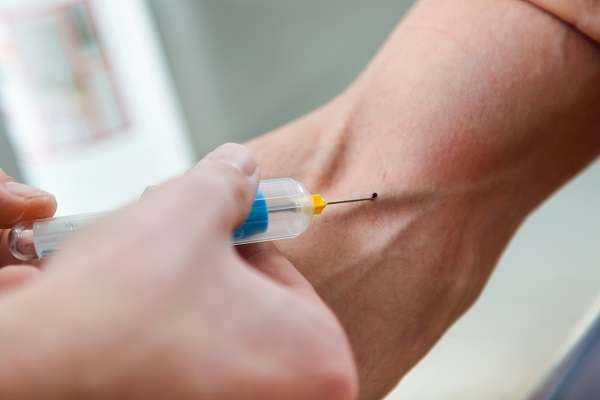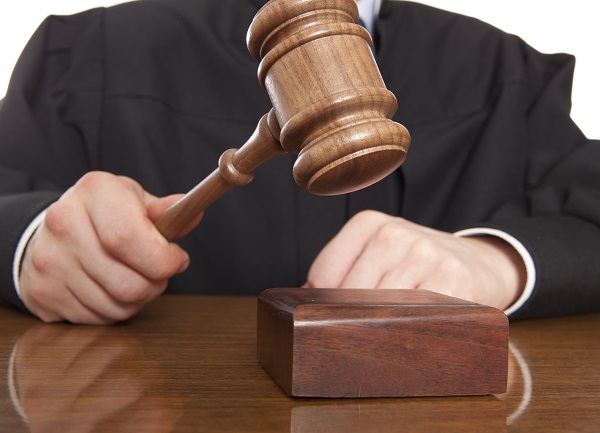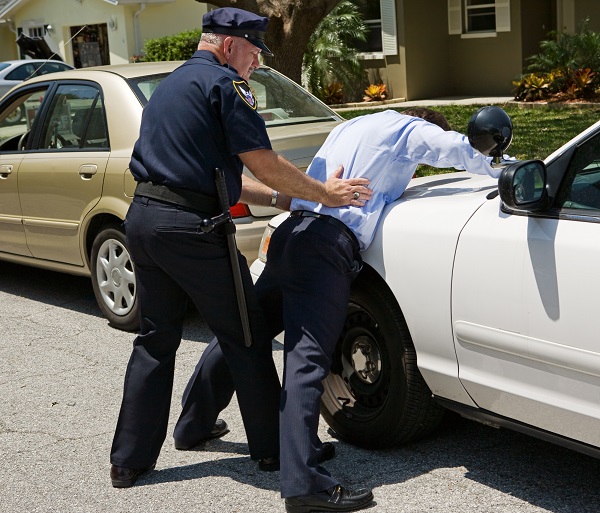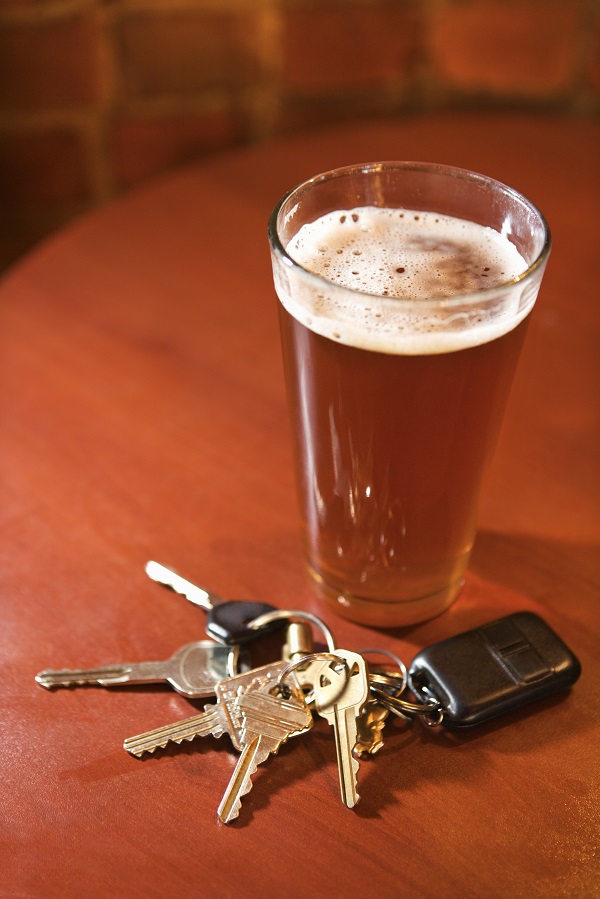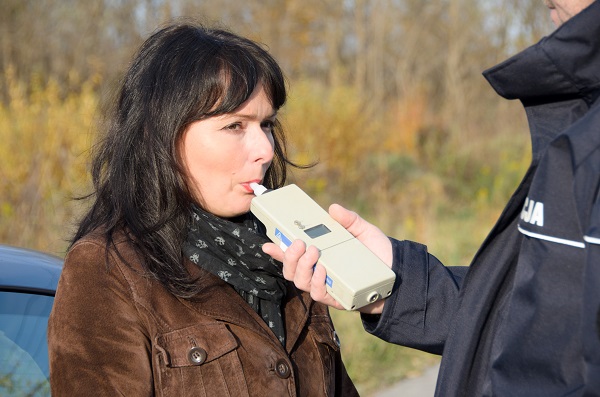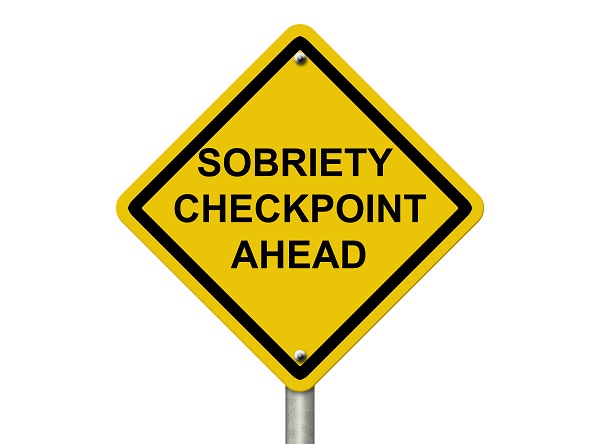Supreme Court Cases About Taking Blood Samples
Blood samples taken from suspected drunk drivers have been the topic of several high-profile Supreme Court cases. Defendants have challenged whether compelled blood samples violate the Fifth Amendment and whether evidence of refusal to take a blood test violates the Fifth Amendment. In both cases, the Supreme Court ruled in favor of the government. In the case of Schmerber v. California, 384 U.S. 757 (1966), a drunk driving suspect was arrested while in the hospital receiving treatment for injuries. At the hospital, a police officer ordered a doctor to take the driver’s blood sample. The sample was used as evidence, and...
Continue reading

